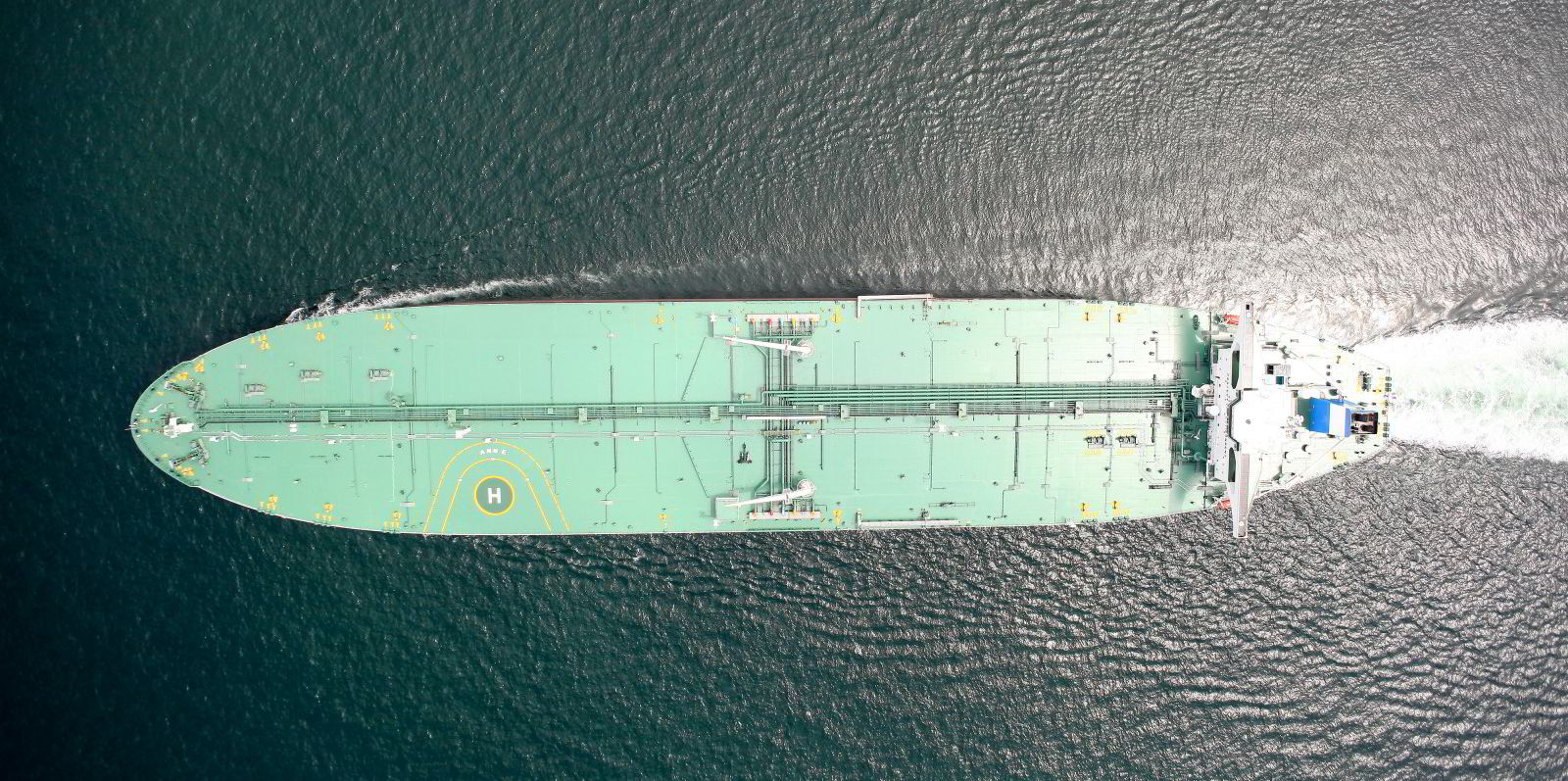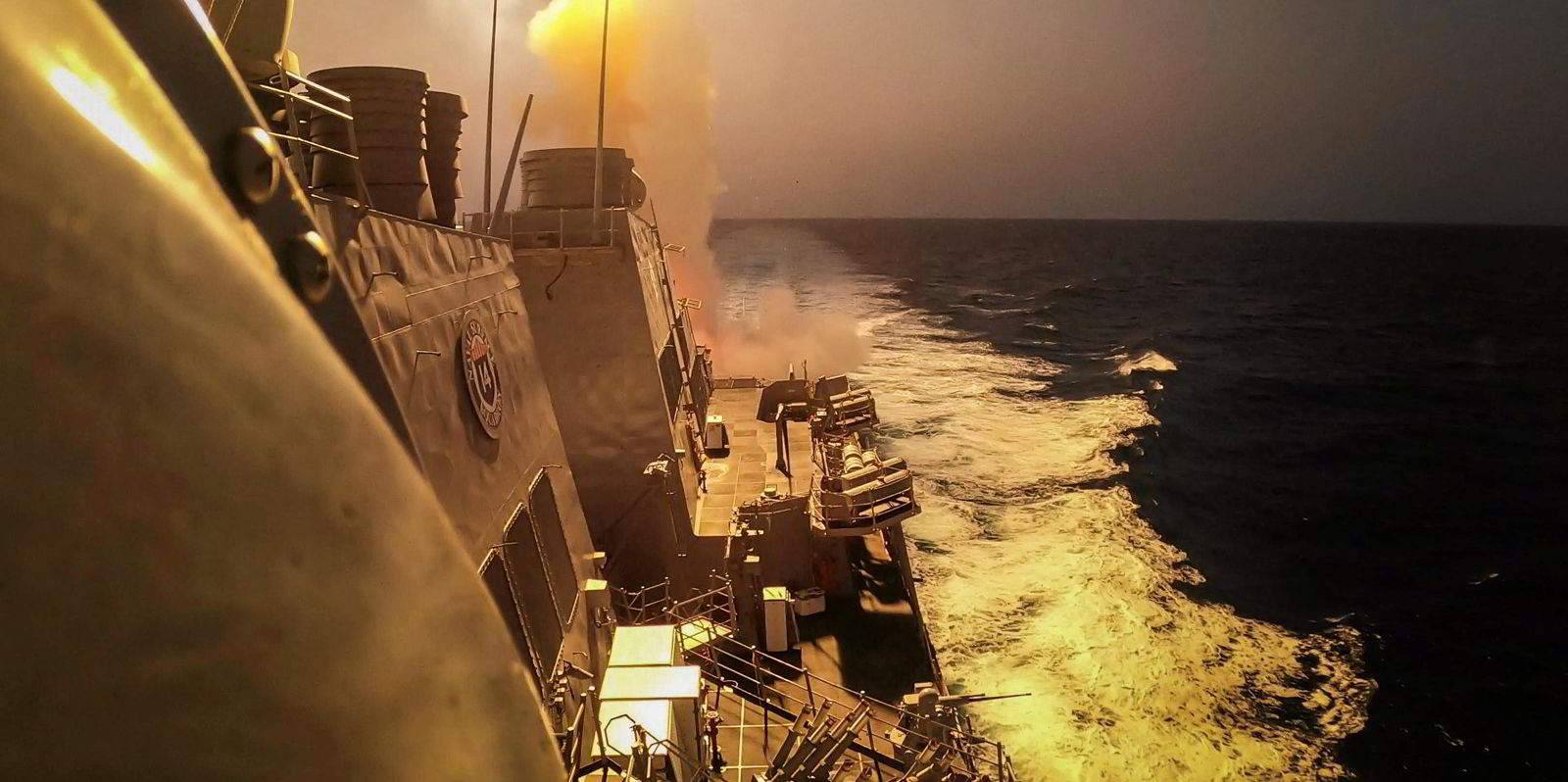The violence in the Red Sea has locked tanker buyers and sellers in a standoff, says Fearnleys.
The shipbroking giant said on Friday that there are “a number of deals on hold behind the scenes” as attempted attacks on shipping continued through the week and the US and UK retaliated against Houthi militants in Yemen with airstrikes early on Friday.
“The unfolding situation in the Red Sea raises the question whether sellers of large crude tonnage could hold out and receive premium rates/price levels,” Fearnleys said.
“This is coupled with the fact that without a very prompt delivery, buyers would miss out on the best of the winter returns and would be unwilling to pay a premium to do so — resulting in a standoff.”
Like their container shipping and car carrier counterparts, some tanker owners have decided to avoid the Bab el-Mandeb strait and the Red Sea over fears that their vessels could be targets for the Houthis.
The attacks began in mid-November and picked up in December. Houthi leaders warned that they would target any ship deemed to have ties to Israel as they sought to force Western powers to support Palestine in the war in Gaza.
Of the eight large crude tanker deals done since mid-December, all but one have been above market rates, according to data from VesselsValue.
The most recent deals, Frontline’s sale of five VLCCs to Sinokor, saw those ships valued in the low to mid-$50m range each.
VesselsValue reports that each ship had a $60m price tag, though rumours at the time suggested the ships could have been sold in the mid to high $50m range.
The 156,600-dwt suezmax Bella Ciao (built 2020) was sold by Greece’s NGM Energy to Pertamina on 4 January for $86m, significantly more than the $78.3m valuation.
Another suezmax sale in late December was the lone outlier: the 158,600-dwt Serenea (built 2009) was sold by Chandris (Hellas) for $45m or $46m to Eurotankers. VesselsValue valued the ship at $49.8m at the time of sale.




